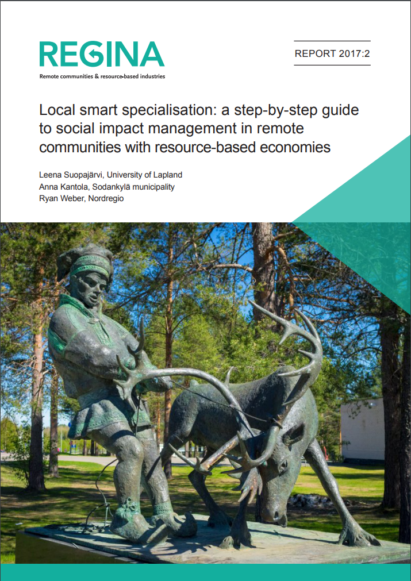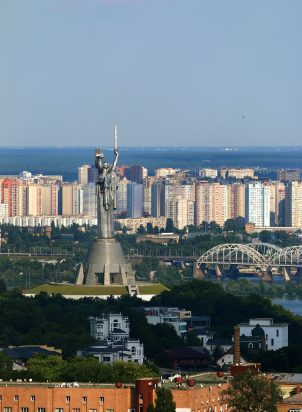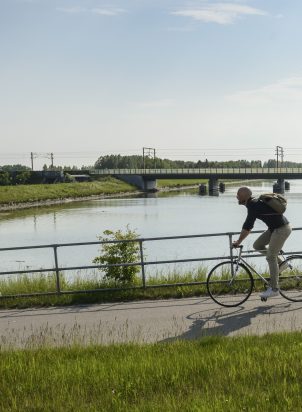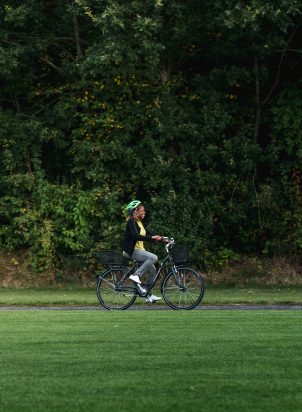The regina project (Regional Innovation in the Nordic Arctic and Scotland with a special focus on regions with large-scale industries) is a 3-year project that focuses on developing a local smart specialisation strategy (L3S) model for implementation by remote and sparsely populated areas that depend heavily on resource based economies.
Five municipalities from the Nordic-Arctic and North Atlantic region have participated in the project and each partner municipality has implemented the model. Broadly speaking, each LS3 aims to identify and develop the place-based strengths of each community, while mitigating potential risks and challenges.
Three strategic planning tools developed by the REGINA project form the core components of the LS3 model:
- A demographic and labour market foresight Model (DFM): that suggests ideas and initiatives for the recruitment of a new labour force and strategies for improving the competence and capacity of the local labour force.
- A Social Impact Management Planning Tool (SIMP): that aims at identifying, monitoring and managing social impacts of large-scale industries.
- A Local Benefit Analysis Toolbox (LBAT): that supports the retention of local economic benefits through development of the local supply chains and growth of complimentary or spillover opportunities presented by new industrial activities.
This report focuses on the SIMP tool and separate reports outline the results from our work with the demographic foresight model and the local benefits analysis toolbox. SIMP tool is designed to provide strategic planning benefits for municipal planning, private sector industry and local residents alike. For municipalities, it is a tool for predicting and planning local developments in relation to large-scale industries, which helps to improve social sustainability and retain the local benefits of industrial growth. For industry, it offers a way to gain a social license to operate (SLO) and obtain local acceptance for the project. It can also help the industry and local community in several of their mutual interests, such as improving the attractiveness of the place to live and work. For local residents, SIMP offers a channel for expressing concerns and participating in developing local strategies for the future. The SIMP tool is a formal document and associated management system that outlines the strategies to be undertaken during the various phases of large-scale industries (including closure) to monitor, report, evaluate, review and proactively respond to change.





